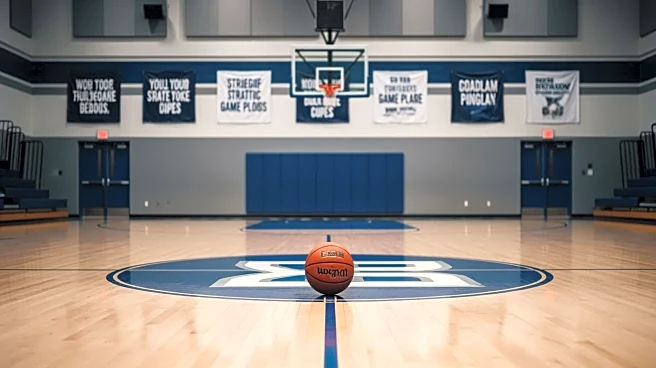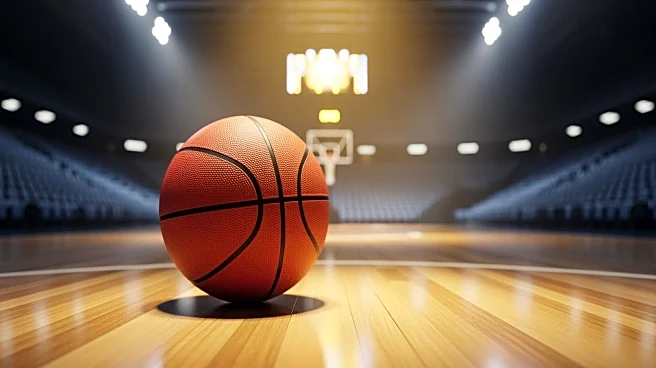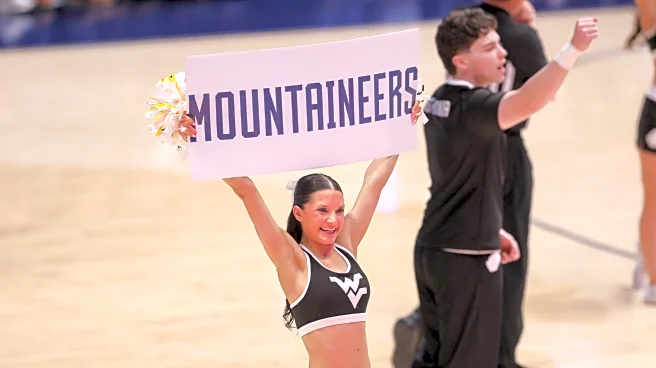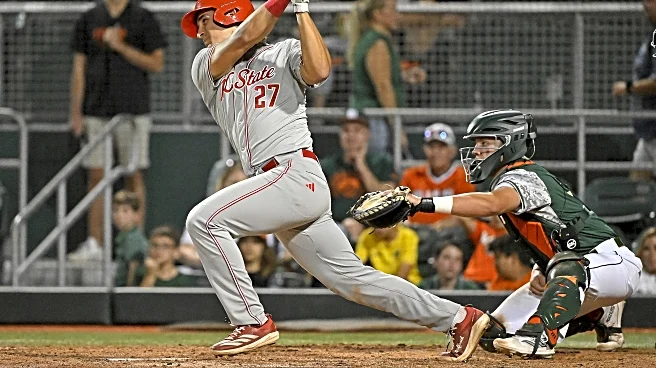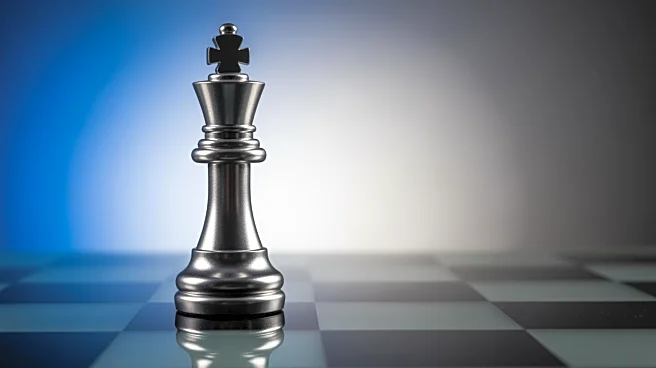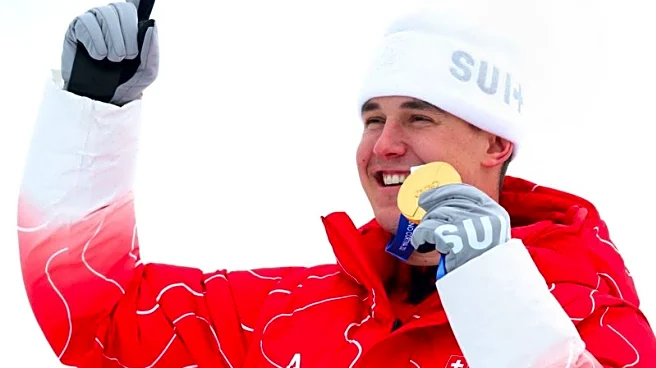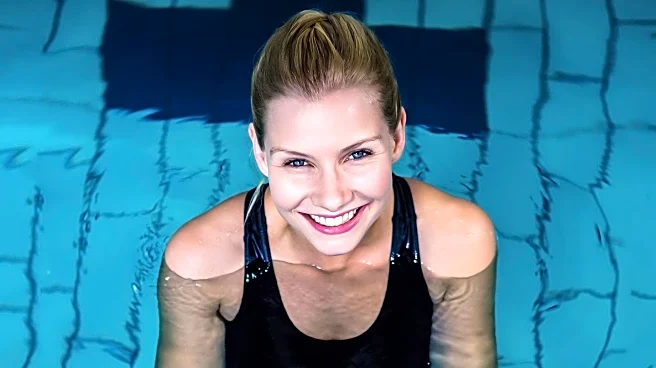What's Happening?
Gordon Hayward, a former NBA star, has been appointed as the executive basketball advisor for Butler University's men's basketball program. This announcement was made by Butler's athletic director, Grant
Leiendecker, who expressed enthusiasm about Hayward's new role. Hayward, who had a successful 14-year career in the NBA, is expected to bring his extensive experience and knowledge to the program. During his time at Butler, Hayward played a pivotal role in the team's success, including a memorable NCAA tournament run. His return to Butler is seen as an opportunity to positively impact the current and future players by sharing his insights and passion for the game.
Why It's Important?
Hayward's appointment is significant for Butler University as it seeks to strengthen its basketball program in the competitive landscape of college sports. His experience in the NBA and deep connection to Butler are expected to provide valuable mentorship and leadership to the team. This move reflects a broader trend in college sports where institutions are leveraging the expertise of former professional athletes to enhance their programs. Hayward's involvement could attract more talent to Butler and improve the team's performance, benefiting the university's reputation and competitiveness in collegiate basketball.
What's Next?
With Hayward's appointment, Butler University aims to build stronger relationships within its basketball program and enhance its development strategies. Hayward's role will likely involve working closely with the coaching staff and players to implement new training techniques and strategies. As schools continue to seek competitive advantages, Butler's decision to engage a former NBA star could inspire similar moves by other institutions. The impact of Hayward's involvement will be closely watched by stakeholders in college sports, potentially influencing future hiring practices and program development strategies.
Beyond the Headlines
Hayward's return to Butler highlights the cultural and emotional ties that former athletes maintain with their alma maters. His decision to give back to the program underscores the importance of legacy and community in sports. This appointment also raises questions about the evolving role of former athletes in collegiate sports, as they increasingly take on advisory and leadership positions. The ethical implications of leveraging celebrity status in college sports could be a topic of discussion, as schools balance the benefits of such appointments with the need for fair competition and development.
